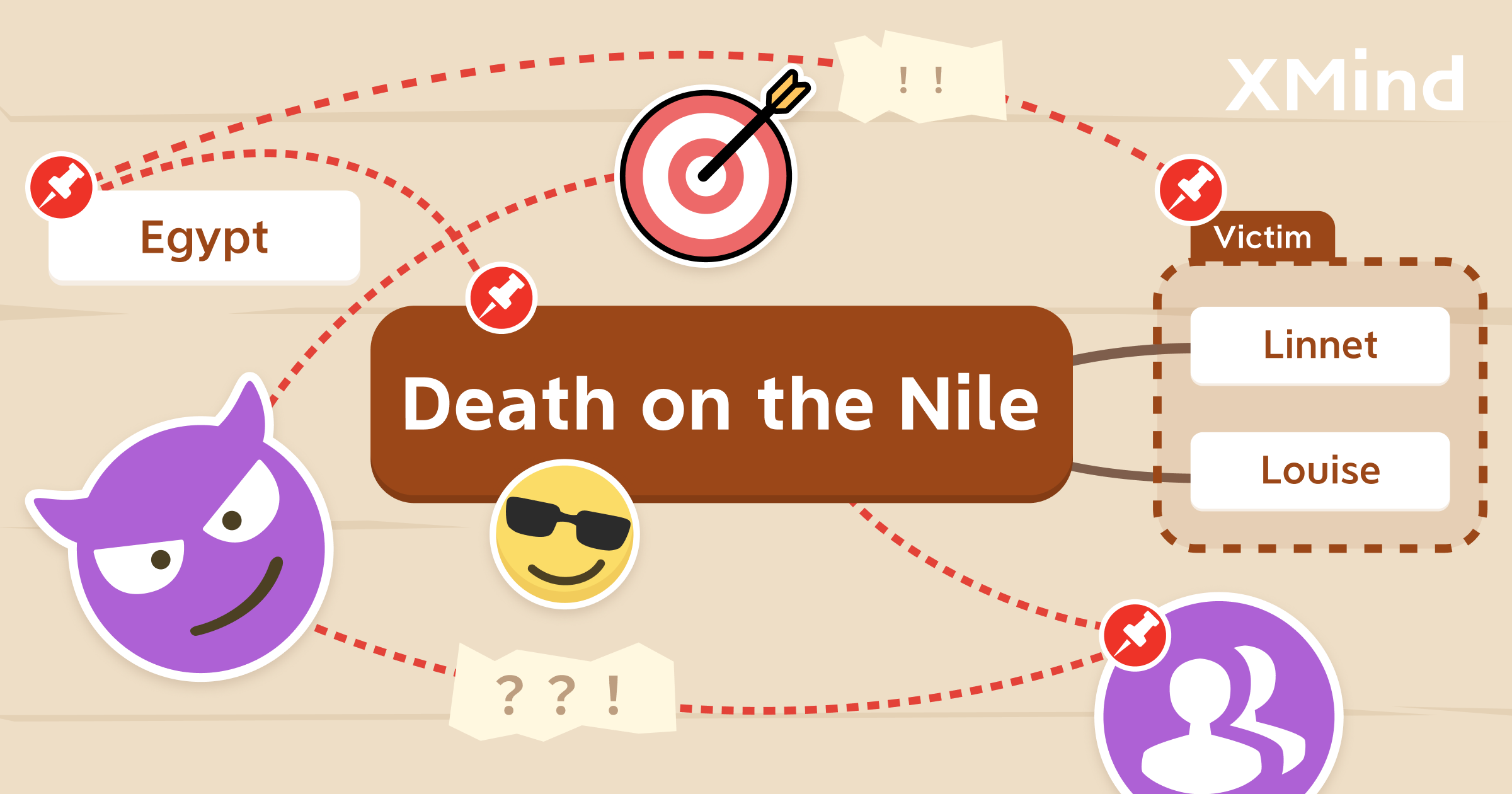Sep 27, 2020
Mind Map for Kids Part 1: Effects on Early Education

Sep 27, 2020
Mind Map for Kids Part 1: Effects on Early Education

As of today, we’ve focused and covered many topics on how XMind can be an awesome productivity tool for adults. However, our team believes that the whole world and everyone should mind map, and it is fun and beneficial for all ages.
The mind map concept inventor, Tony Buzan, writes a book Mind Maps for Kids for a younger audience at age 7 to 14 and talks about how mind maps are the magic formula in the children’s classroom. In addition, the positive scientific effects of mind mapping on children’s early education have been proven in many research and studies. To all the parents, the following article will be covering major scientific studies conducted on the effects of mind mapping and some good methods adopted to engage it in the early education system.
Let Science Talk
A pilot study was conducted at John Hopkins University. Students are divided into two groups, and the one group which use mind mapping for various subject areas shows that the mind map group enhances simulation learning significantly and produces a 12% increase in test scores (Mind Mapping in Education).
In 2017, there was a study examining the effect of a mind mapping intervention on preschoolers in the Netherlands. Results showed significant positive effects of mind mapping on listening comprehension and vocabulary which are essential for the development of future reading skills and comprehension (Koster and Wilt, 2017).
Another study conducted in 2017 examines the effect of mind mapping activities on the math and science skills of children 48 to 60 months of age. It was observed that as the children engaged in preparing mind maps, they used skills requiring high-level mind organization. Hence, mind maps are proven to be supportive of children’s development areas (Polat and Yavuz, 2017).
To conclude, mind mapping has been proven scientifically to be an effective and supportive form of learning activities in children’s early education. Based on the studies above, we’ve made up a mind map below to summarize reasons why mind maps help children to learn better in simple words.

Let Mind Map Work
Now that we’ve agreed upon the positive effects and importance of mind mapping in early childhood education, it is time to talk about actual applications and practices. How do parents and teachers smartly engage mind mapping into children’s learning process (with fun)?
- Start simple. Prepare a blank sheet of paper and a set of colored pencils to draw with.
- Demonstrate first. Show an example of how you (parents/teachers) turn a simple story or a concept into a mind map (better to be colorful and beautiful graphs to draw children’s attention!).
- Guide them throughout the process. Instead of telling them what to do, help children develop their own ideas and thinking flows while mind mapping.
- Review and expand more afterward. Praise children’s efforts and the process first, help them go over their maps to review some relationships and make sure everything is clear and understood.
- Repeat the steps with a variety of fun activities and lessons, cultivate their imaginations and interests, and guide them with patience when learning to illustrate their ideas in mind maps.

Once your children are becoming familiar with the mind mapping structure, then it can be more convenient to use digital tools over the paper. Download XMind for your older children to expand their ideas and thoughts at any time. Our intuitive App design, colorful themes and stickers, and classic map structures will make your children to brainstorm and mind map like pros while having so much fun!
We will be covering more details on how to integrate mind mapping into kids' daily activities in our next blog - Mind Map for Kids Part 2: Mind Map Activites for Fun. Stay tuned!
To all parents, cultivating a mind mapping habit in your young children benefits them for a lifetime. Let XMind be there for your children’s growth and development, bringing them the best mind mapping experience ;)
Reference
Mind Mapping in Education. (n.d.). Retrieved from https://www.mindmapping.com/mind-mapping-in-education.php
Koster, M. P., van der Wilt, F. M., van Kruistum, C. J., & van der Veen, C. (2017). /The effect of mind mapping on listening comprehension and vocabulary in early childhood education/. Paper presented at European Association for Research on Learning and Instruction, Tampere, Finland.
Polat, O., Yavuz, E., A. & Tunc, A., B., O. (2017). /The effect of using mind maps on the development of mathematics and scientific skills./ Cypriot Journal of Educational Science. 12(5), 32-45.
More Posts
How to Read a Detective Fiction: The Ultimate Guide with XMind
Enjoy reading detective stories with XMind and master these practical tips and tricks for both desktop and mobile.

Create and Organize Recipes With Mind Maps and Tree Table Templates
Using this free tree table template on the newest version of XMind you can create your own recipe, or document your favorite dishes for future tasty journeys in the kitchen!

How to Create the Perfect Lead Generation Pitch with XMind?


One space for all your ideas
Organize thoughts, visualize structures, connect ideas, and unlock insights.
Get Started for Free


